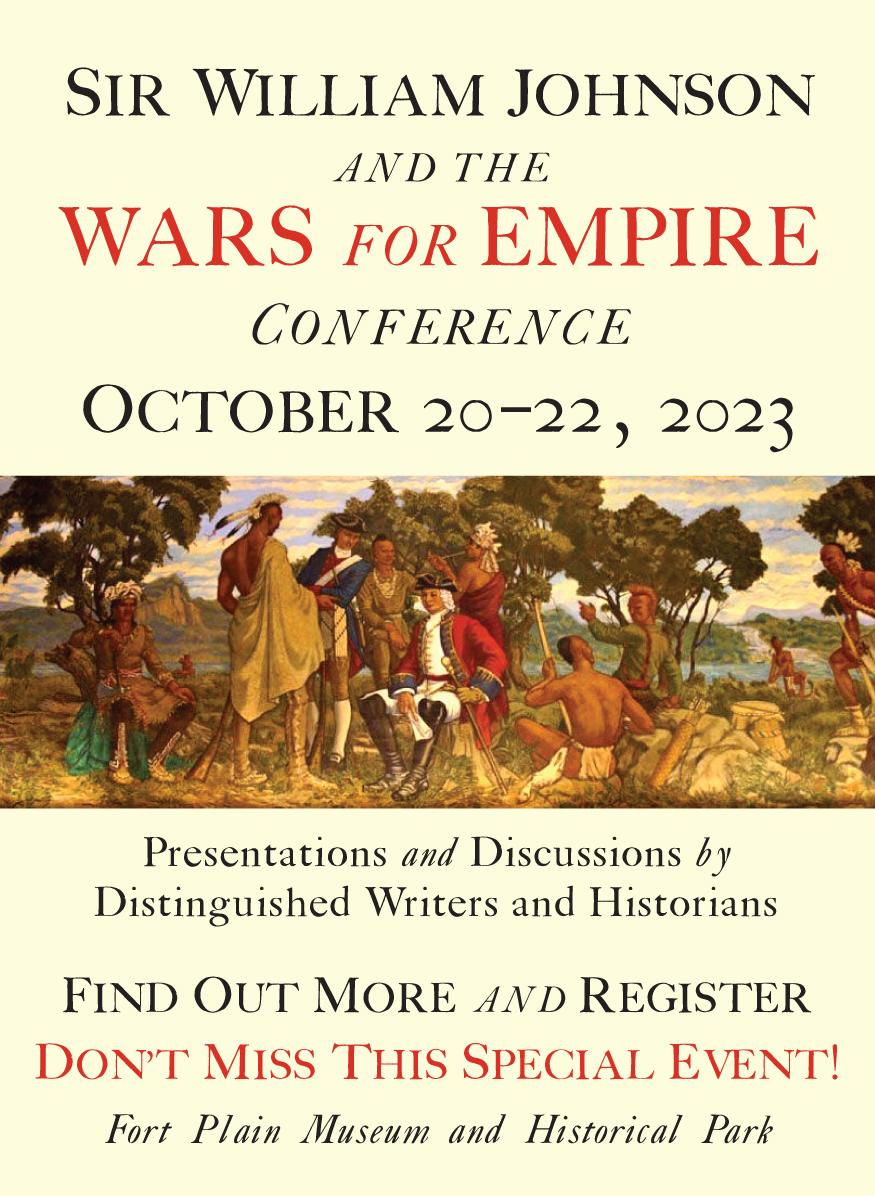Book Review: Igniting the American Revolution: 1773-1775 by Derek W. Beck (Sourcebooks, October 2015)
Books about the origins of the American Revolution are plentiful. Although they vary greatly in quality, almost any bookstore or library has a volume or two on hand that covers the basics: the British government imposed unjust taxes that American colonists refused to pay, and hostilities broke out when British troops were sent to Boston to enforce the laws. We might wonder, then, why there would be need for another book on the same subject. The reason is that the true story is complex and, more importantly, nuanced, and the challenge for authors is in conveying the details and nuances concisely, accurately and understandably.
It is in the clear, engaging telling of a complex story that Igniting the American Revolution by Derek W. Beck stands out. Rather than telling a heroic tale of heroic Patriots defying a tyrannical monarchy, Beck shows us the well-meaning efforts of participants on both sides to take what they believed to be just and legal courses of action. In the opening pages we learn the circumstances leading up to the Boston Tea Party, including the British rationale for the Tea Act. Instead of casting it as a simple oppressive measure by a greedy parliament, Beck shows succinctly that the act was a well-reasoned strategic move by a government struggling with global challenges, an attempt to create a win-win situation by raising revenues while actually reducing the price of tea in America. Equally well stated by Beck are the colonial reasons for resisting the act, in particular the recognition that obeying it would be accepting that the government had the right to tax that colonies. Neither side acted rashly, and neither was unanimous in their viewpoint. Understanding the progression of events requires recognizing that the era’s politics were every bit as complex as they are today.
Igniting the American Revolution expertly walks the reader through the subsequent events: the British government’s response to the tea’s destruction, the colonial steps towards self-governance, and the escalating tensions as both sides prepared for the possibility of armed conflict. The value of Beck’s approach is that he presents the concerns of both sides in taking the actions they took, including the dissenting views, without ascribing right or wrong to the various perspectives. This puts the events in a refreshing perspective, free from values ascribed with nationalistic hindsight. The material is well-annotated, drawing on a broad range of primary and secondary sources, and presents differing viewpoints and conflicting accounts of those issues that are in dispute. The best example of this is the author’s discussion of the first shots fired on Lexington Green, a subject that has been debated at great length; Beck manages to present a balanced discussion of the disparate accounts in only a few paragraphs, giving a plausible scenario while making it clear that the truth will probably never be known.
The book features an extensive series of appendices presenting details about the military forces on both sides, with particular focus on the British army and navy; for example, one appendix provides information about each of the British warships stationed in Boston at the time including when it was launched, the number of guns it carried, and other details. Some of the appendices, such as a detailed timeline of events on April 18 and 19, 1775, are interesting, while others, such as estimates on the exact number of British troops on the expedition to Concord, contain inaccuracies and are not helpful in understanding the events described in the book. While the data in the appendices may be of some use for specialized study, very little of it is necessary to support the book’s narrative.
Focusing very strictly on the chain of events from the Boston Tea Party to the outbreak of hostilities, Igniting the American Revolution is highly effective in communicating the complex political considerations, the determination and reservations, the legal issues, and the personal interactions that converted a steadfast stance on policies into an open rebellion. It is precise while being straightforward to read, shows the passion of the participants without taking sides, and gives equal play to the political and military affairs. Whether you need to brush up on the underpinnings of the Revolution yourself, or introduce a novice to the topic, this volume will serve well.














2 Comments
I am about one-third of the way through this book right now, and I agree very much with Don Hagist’s review. The book is a very smooth, easy read for novice or scholar and especially highlights, as Don said, both sides of the story as events move along during the years 1773-1775.
I was also surprised and happy to find that a full third of the book is appendices and end notes. While to some readers who just want the basics this may seem unneeded, to researchers and historian buffs – this is like hidden treasure. Sometimes in books as well researched and written as this one is, interesting end notes are the frosting on the cake as they supply extra and sometimes previously unearthed primary sources and information. Beck’s end notes are a good read also.
As much as a stickler on facts and authentic details as David Hackett Fischer has been, Derek Beck addresses all the details during this period of time in the book. I’ve noticed that even when setting a literary scene of dramatic effect for the reader, instead of making a statement of fact as may authors do, Beck uses the words “possibly” or “perhaps” to preface the scene setup.
I’m really enjoying this book!
I’m always on the lookout for historians who try to give a frame of reference for what happened, as opposed to advocating a point of view. Beck’s book looks like a useful addition to the massive literature.